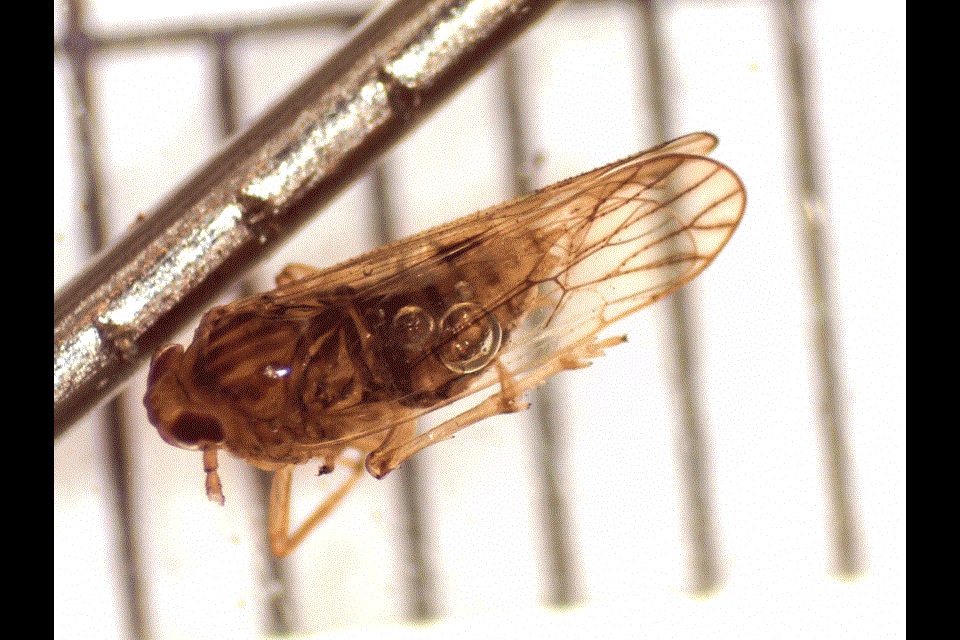United States Customs and Border Protection (CBP) officers in the nearby Portal, North Dakota customs station discovered multiple pests and invasive seeds while conducting inspections of rail containers at the Portal Port of Entry rail facility in November and December.
The invasive seeds and pests were uncovered by field operation agricultural specialists with the U.S. Customs Service.
The CBP agriculture specialists identified two rail containers that contained unwanted pests and invasive seeds. These specialists regularly inspect commercial shipments to ensure they meet import requirements. They also look for prohibited products such as seed and soil contamination, regulated waste and harmful invasive insects.
“Our CBP agriculture specialists continue to be our first line of defense in protecting our borders from unwanted pests and diseases that could adversely affect our nation’s food production,” said Acting Pembina Area Port Director, Jason Schmelz.
In a container of screws from Taiwan, the agriculture specialists discovered brown plant hoppers, which are a major pest of rice and cause damage by feeding, but also by spreading viruses. A seed was also discovered and identified as Cogon grass. This seed is highly invasive and can be flammable. The insects and seeds were positively identified as invasive species requiring re-export.
Next, a shipment of casters from China revealed small beetles in and on the pallets. They were positively identified as bark beetles, which require automatic re-export to origin due to the presence of non-compliant wood packaging material. The bark beetles are highly mobile and very destructive.
Importers and travellers may check for restrictions on agricultural products by contacting CBP agricultural specialists at 701-825-5820.




